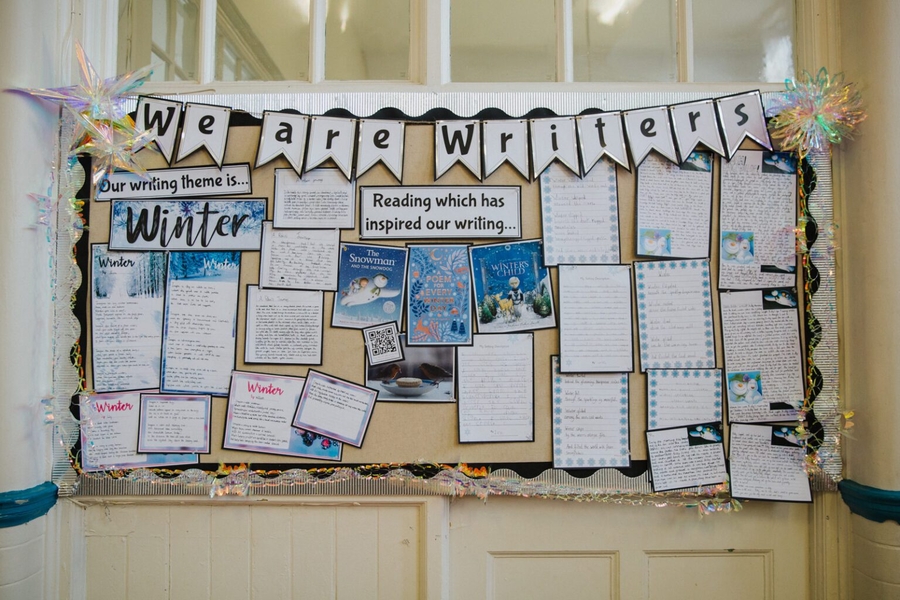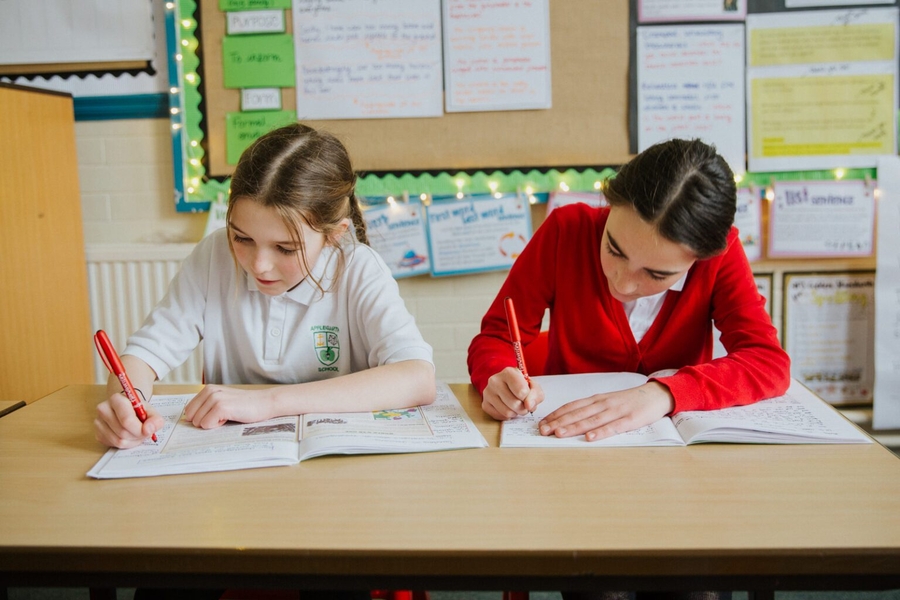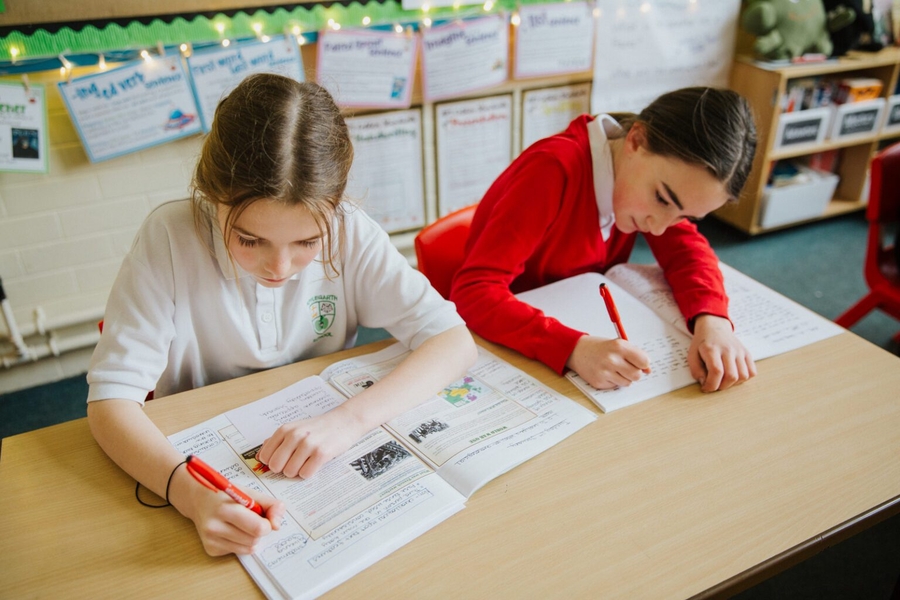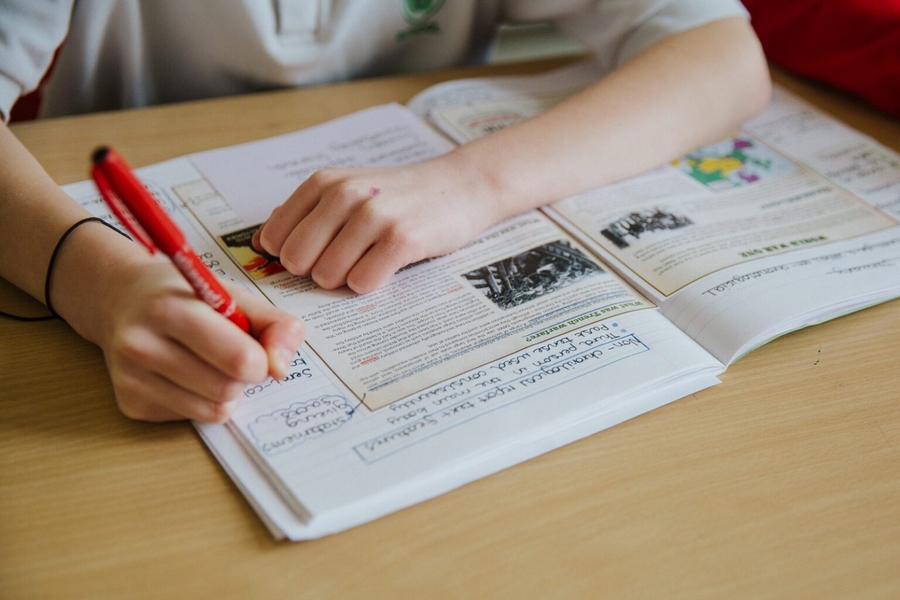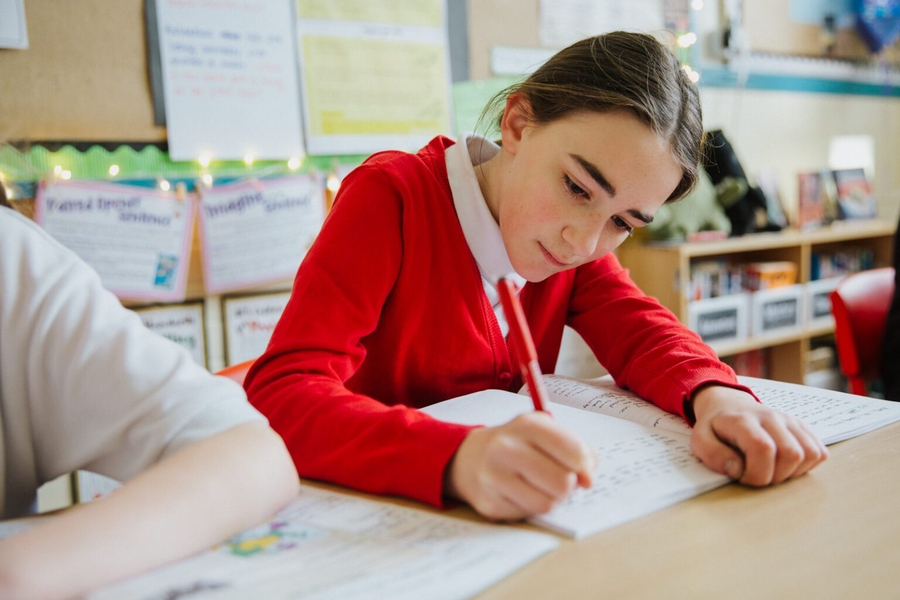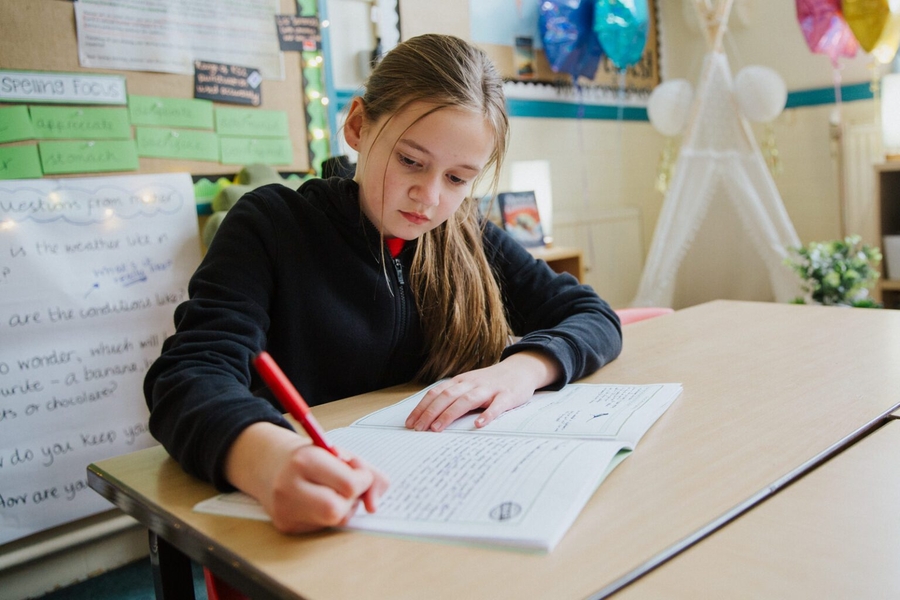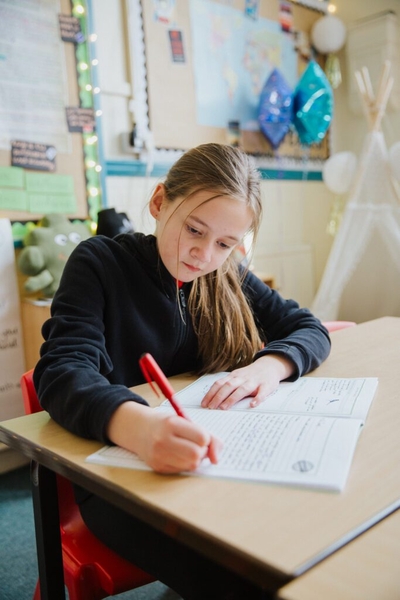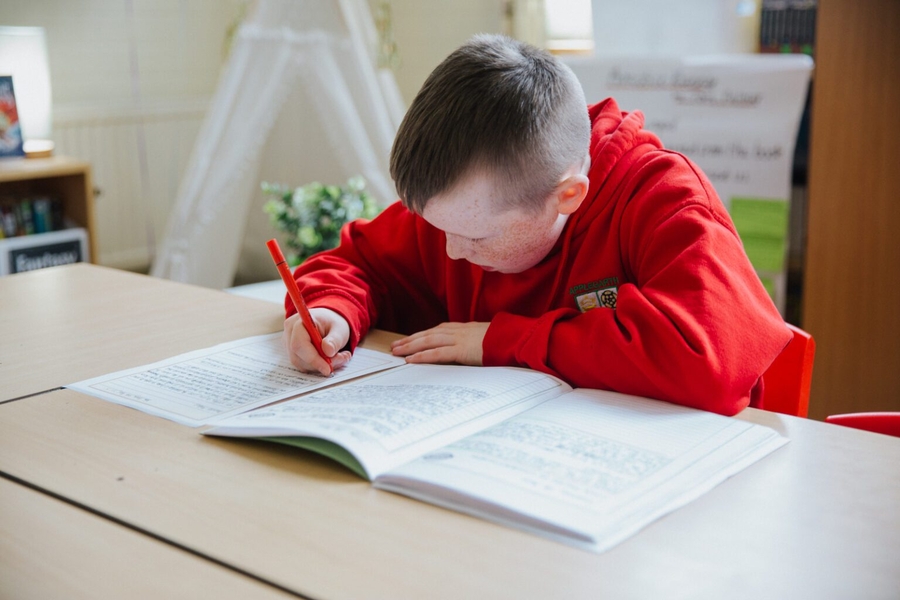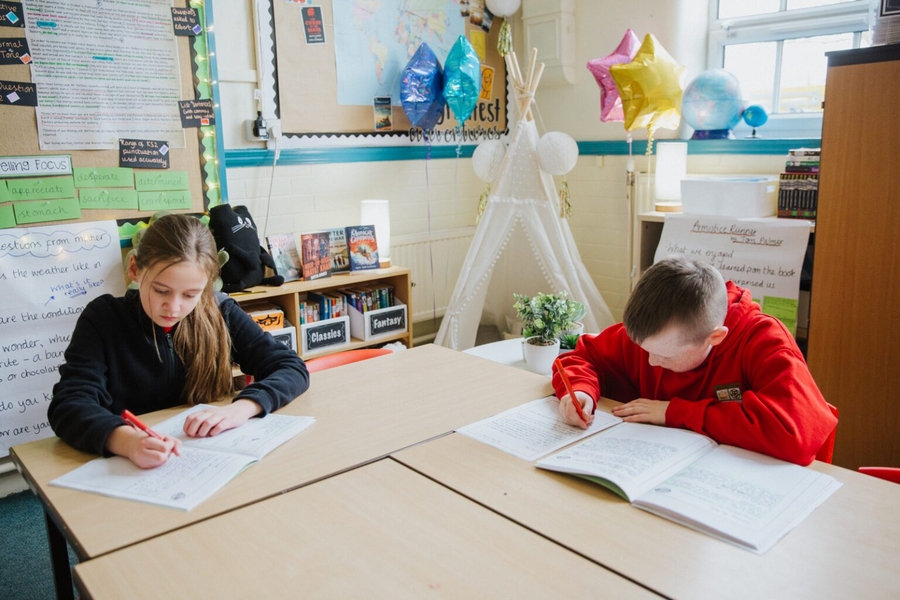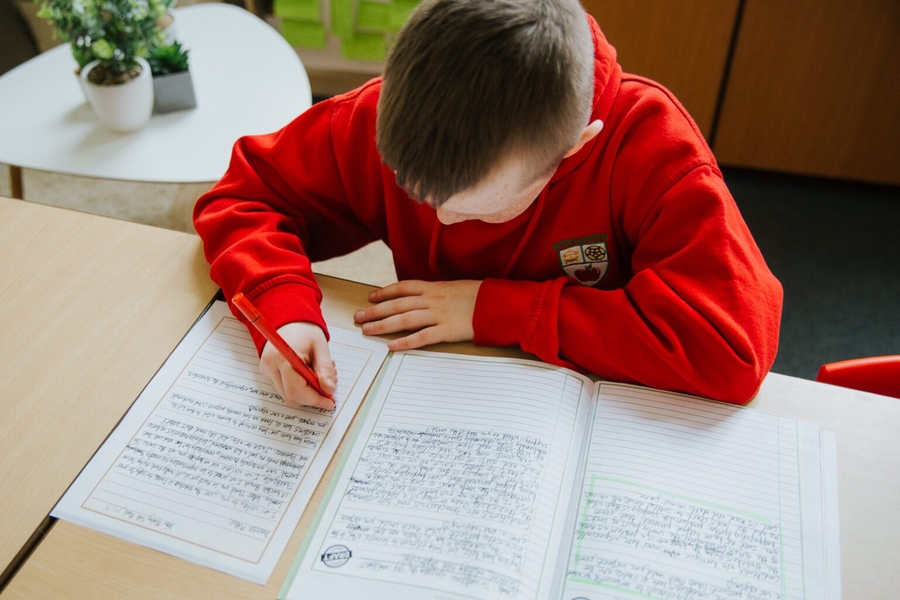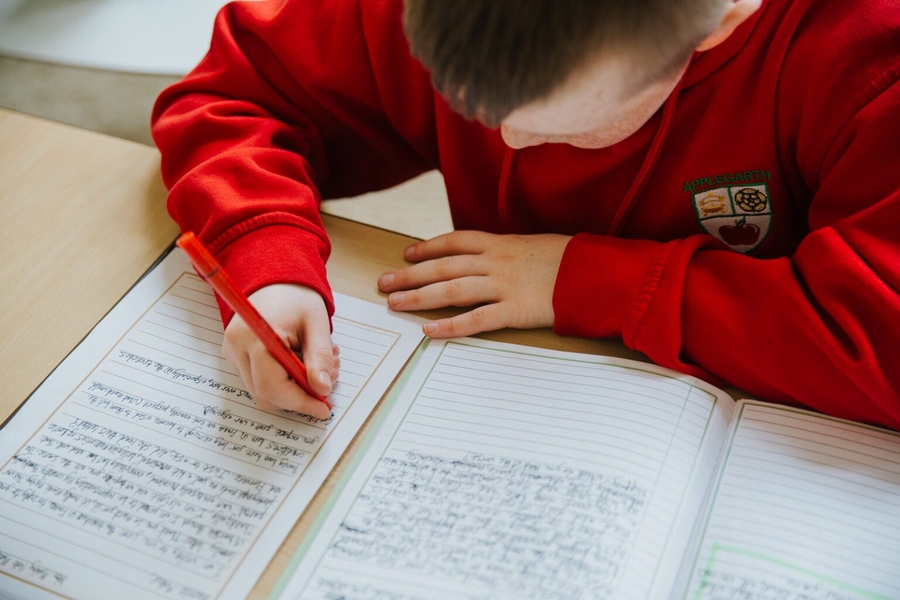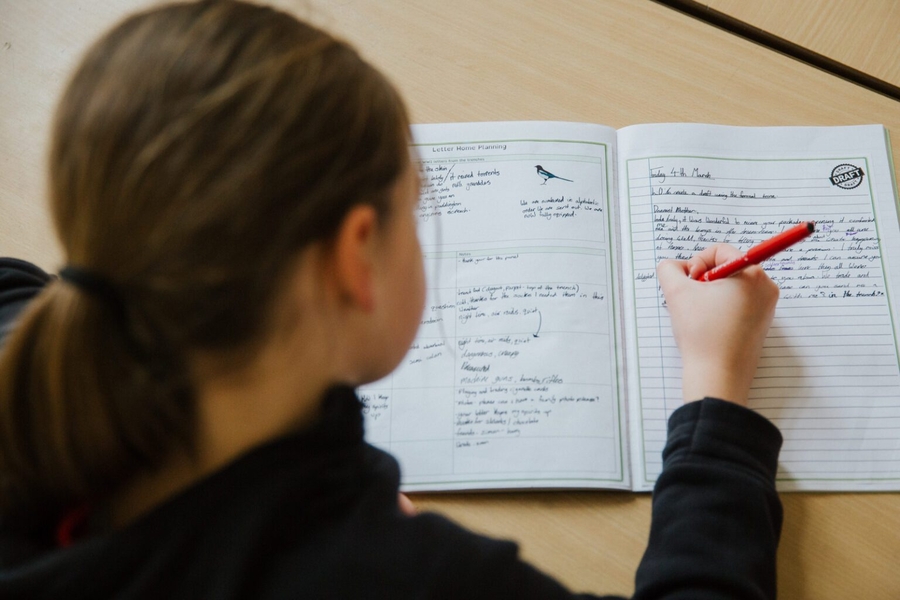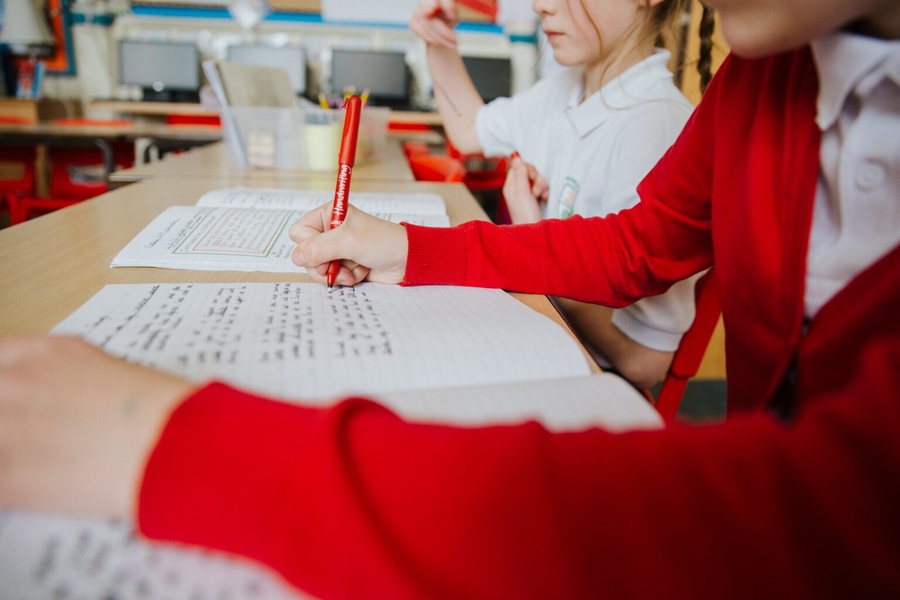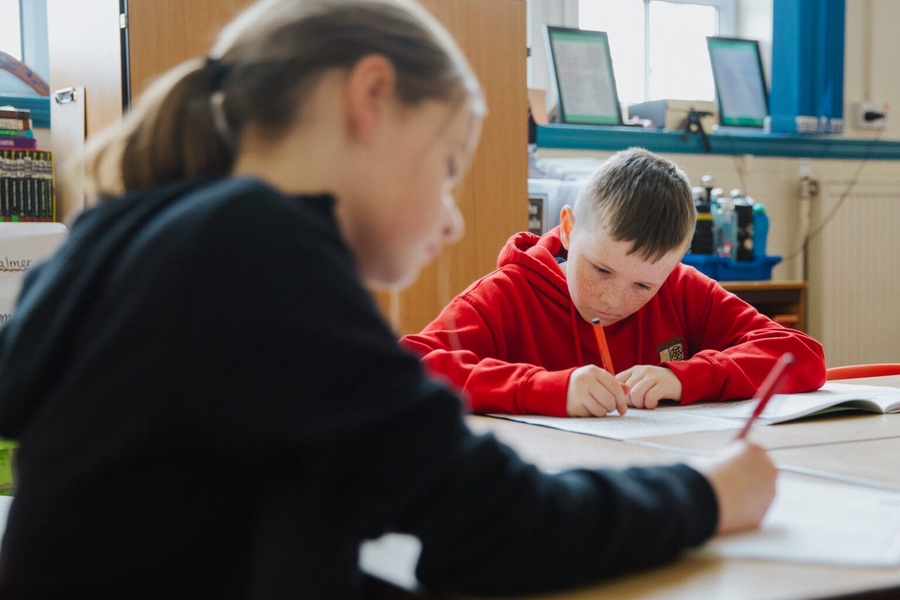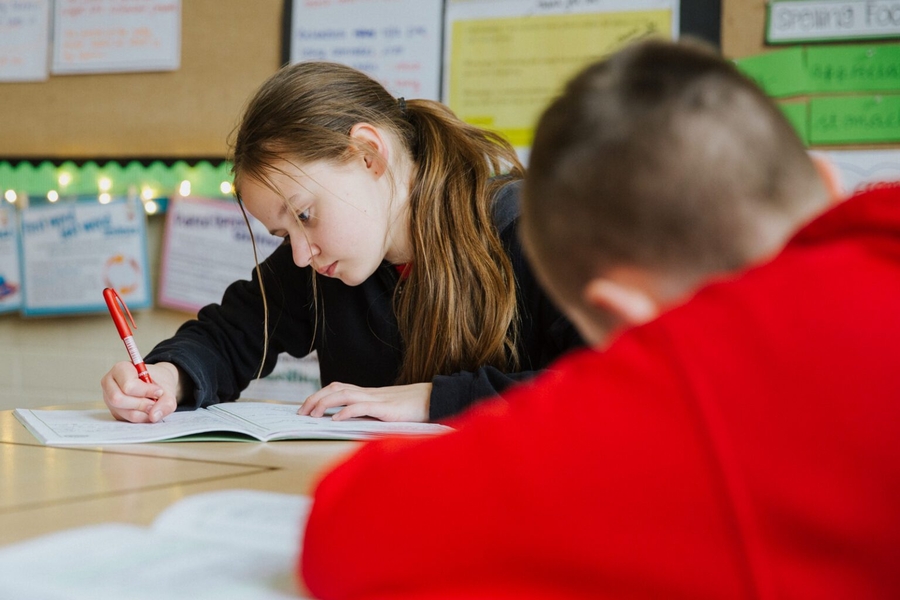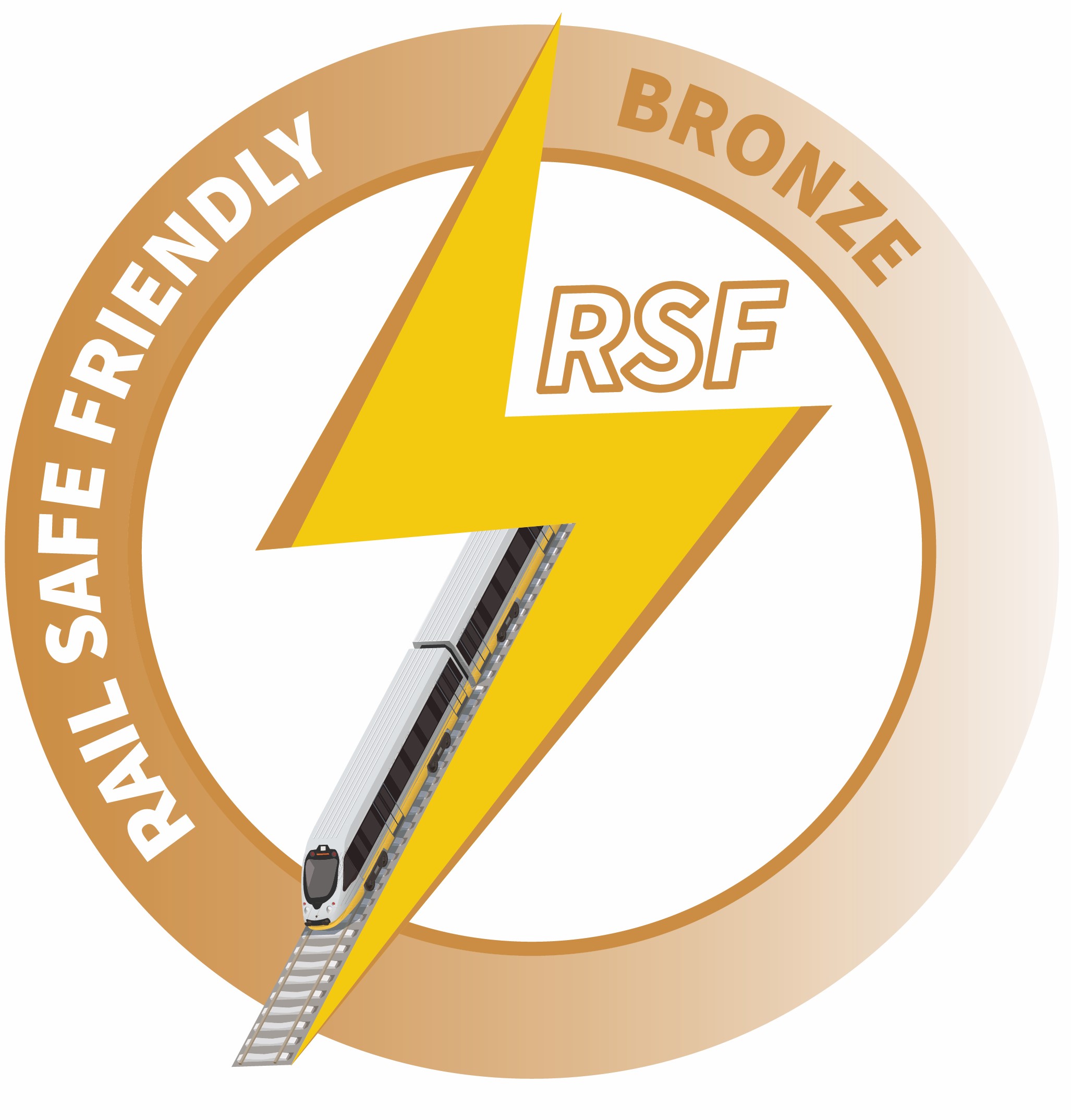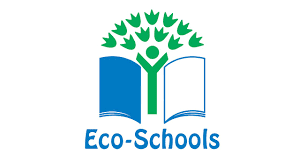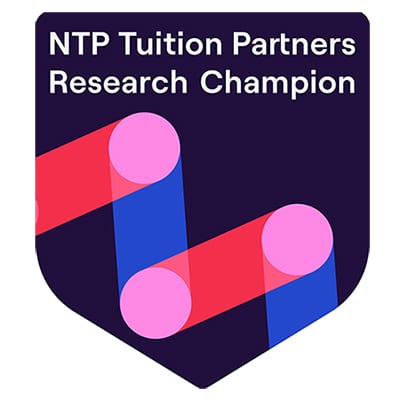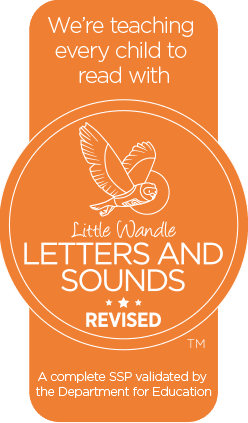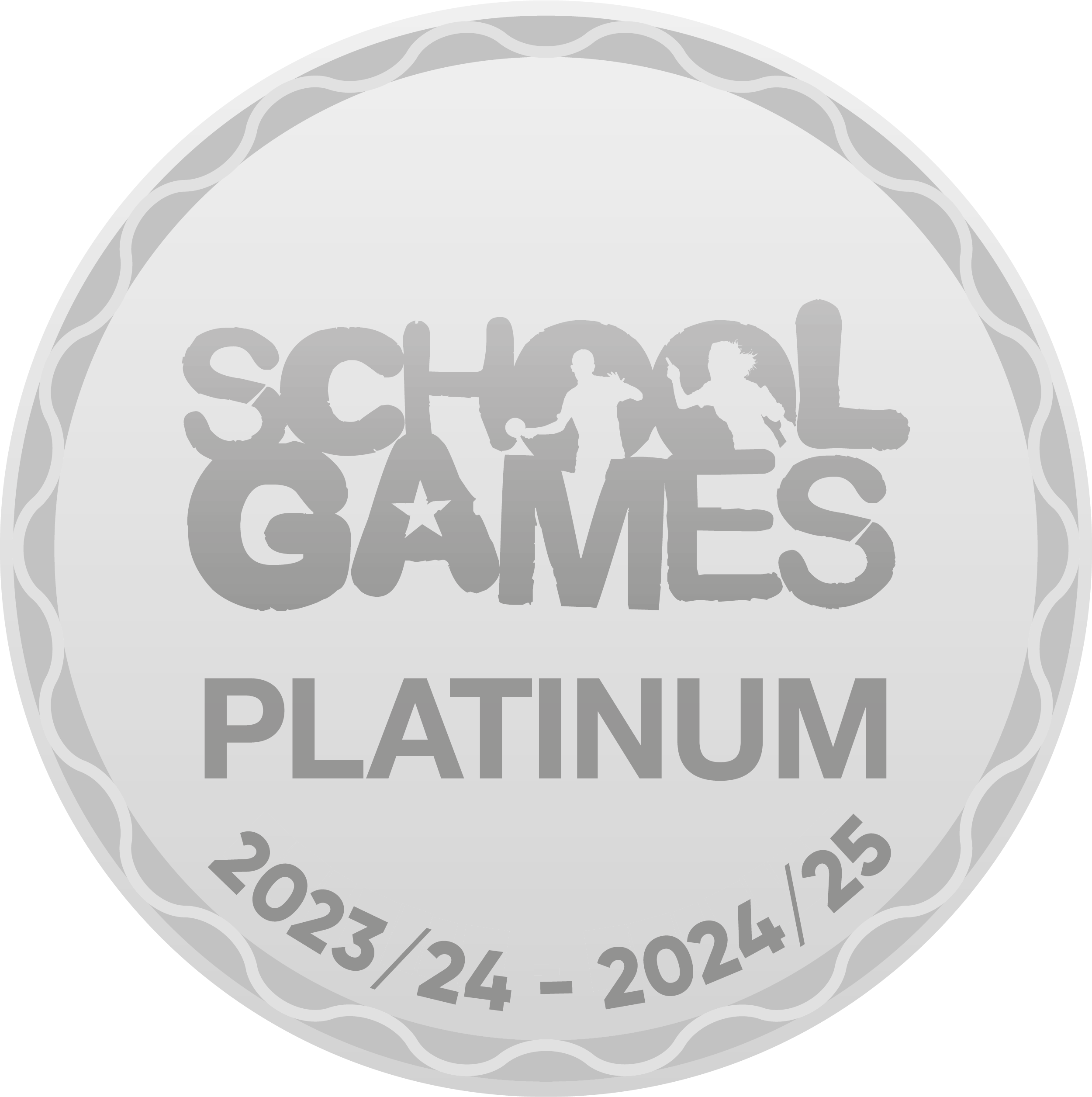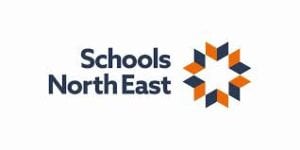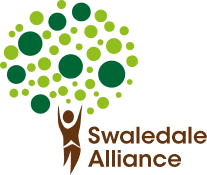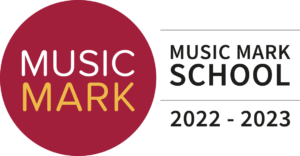| Writing Policies & Documents | Download |
| Progression in Grammar: The Place Value of Grammar | Download |
| Progression in Writing | Download |
| English Long-Term Plan | Download |
By adopting a whole-school approach to writing, it is our intention that the teaching and learning of writing follows a clear sequence which builds upon children’s prior knowledge and skills, whilst making meaningful connections with reading. At Applegarth, we aim to foster such a love for writing that our children develop a deep sense of pride when publishing their work.
We follow the National Curriculum (2014) for KS1 and KS2, and the EYFS Framework (2021), and it is our intention that the objectives of the NC and EYFS Framework are taught in both meaningful and inspiring ways. We aim for our children to be taught to write in a range of styles for different purposes and audiences as well as being exposed to a wide range of text types.
In addition to the above, we aim to ensure a consistent approach across school for the teaching and learning of spelling.
The Three Cs Approach was introduced as part of the English Lead’s and SLT’s drive to improve standards in writing across school.
Implementation

Our writing approach is implemented through carefully chosen, high-quality texts which inspire us as teachers, enthuse our children and stretch their learning. In September 2021, we implemented the Three Cs Approach to Writing: Collect, Connect and Create and have the highest expectations of children’s learning. Writing opportunities are carefully thought out to ensure we facilitate a multitude of opportunities for children to articulate themselves clearly whilst providing them we an array of opportunities to have a positive impact on transforming our world, and share our core values within our local and global community.
Selecting Core Texts
At the heart of our writing curriculum is the selection of inspiring, quality texts. In writing, our core text approach enables teachers to immerse children in the language and world of characters across a range of exciting literature. Throughout school, core texts from a wide range of authors, contexts and formats are used. In writing, we use our core text approach to select a diverse range of books which our children may otherwise have not come across without the facilitation of their teacher. Our staff, led by the SLT, continuously strive to find next and exciting books to drive the teaching and learning of writing.
Examples of Core Texts Used in Cycle A 2022 – 2023:
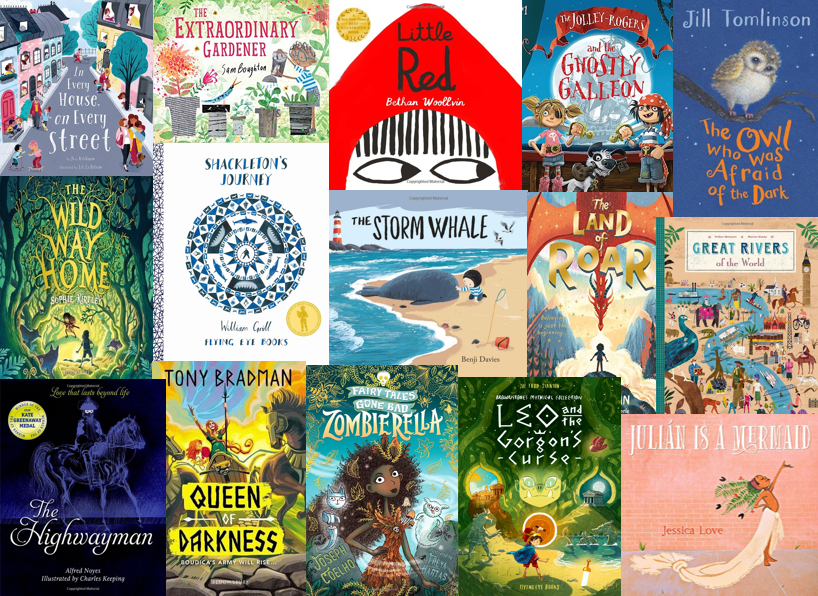
Complementing the Core Text
In order to fully immerse our children in the world of their core texts and inspire them, teachers will use a variety of exciting stimulus and resources to bring the core text to life during the writing process, particularly in the Collect phase. This could include the use of film, audiobooks, music, images, props, books/movie trailers, author visits, etc.
The Three Cs Approach to Writing
The chart below summarises each stage of our Three Cs Approach to Writing: Collect, Connect and Create. Publishing is the final stage of the writing process.
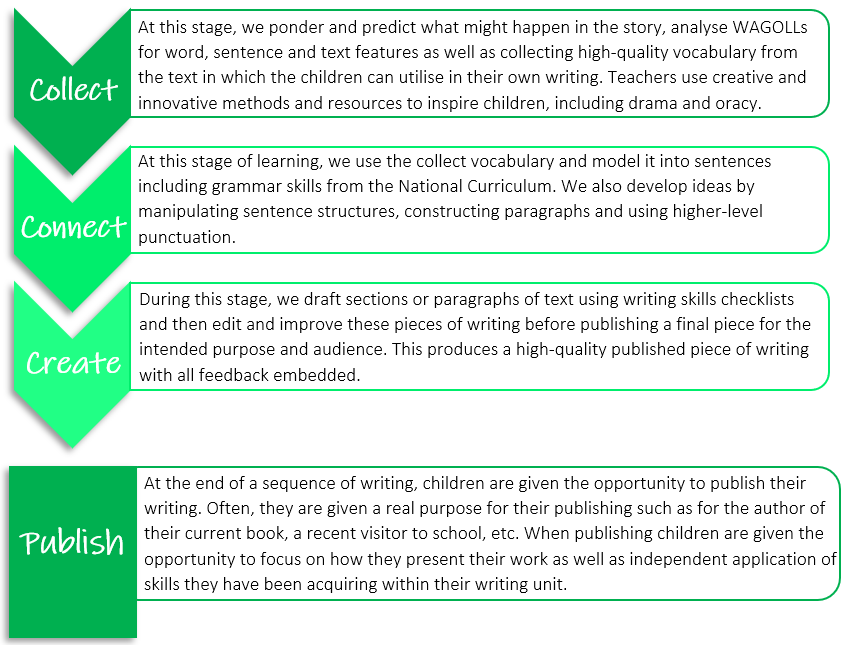
Impact
Refer to the School Performance page.
2022
60% of our Year 2 pupils achieved the expected standard in writing. This was above the national average of 58%.
66% of our Year 6 pupils achieved the expected standard in writing. This was above the national average of 57%.
Our writing progress score was 1.35 – a significant increase on our outcomes in 2019 which was -2.18.
Writing moderation takes place across our school and within our Beacon Cluster. Additionally, we opt into the NYC Spring moderation to enable us to moderate with schools across the county. The range of moderation we undertake further supports our teachers in making accurate judgements and facilitates the sharing of school practice.
Our KS1 Lead and English Lead are both trained moderators for NYC.

